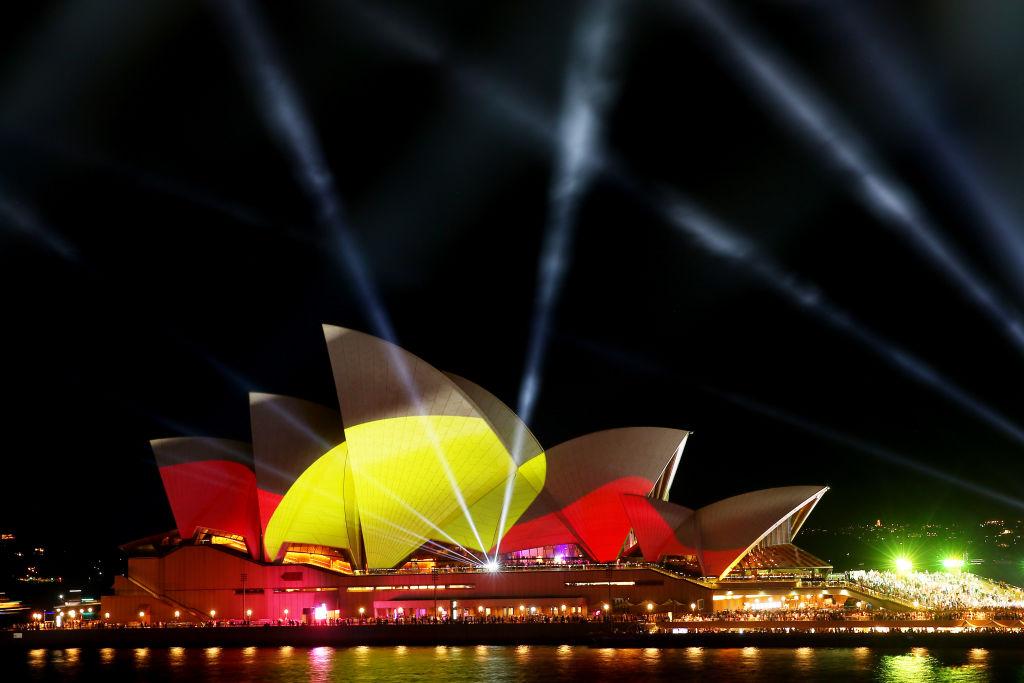Commentary
In an illuminating piece published in The Epoch Times, David Daintree likens the imposition of the woke agenda on Australians to “living life under occupation.” The validity of his profound analogy is evidenced by the creeping imposition of the Aboriginal lobby’s policies and demands on the broader Australian population.





